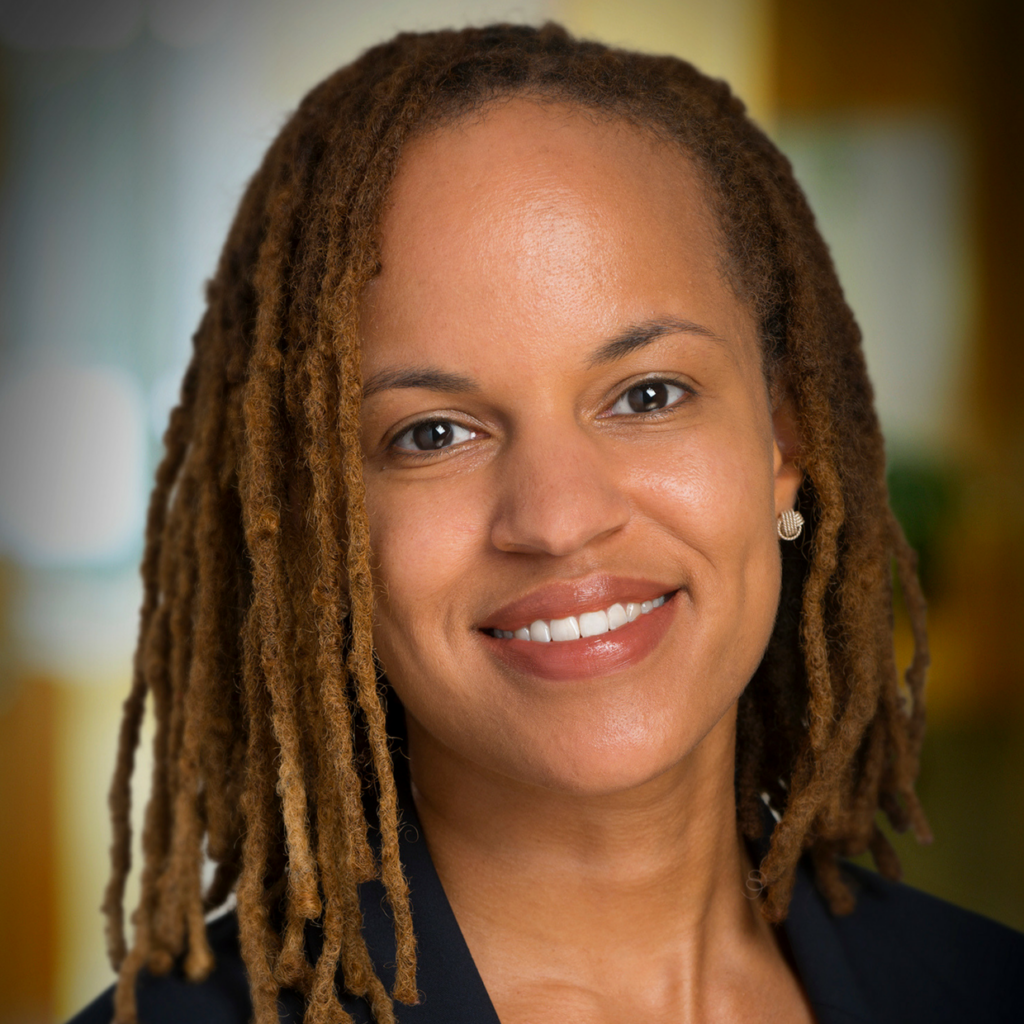When I stepped into a new role as The Kresge Foundation’s first director of strategic learning and evaluation in 2015, I focused on right sizing for fit and purpose. We had transformed from a longtime capital challenge grantmaker to strategic philanthropy, and we were working to evolve our systems and processes to match. We brought into focus our North Star – expanding opportunity for low-income people in cities. We embarked on a comprehensive, organization-wide journey to advance equity in our external efforts and to bring into sharper focus issues of diversity, equity and inclusion in all that we do.
The convergence of a shared North Star, together with our commitment to advancing equity, initially left me with more questions than answers about what this would mean for our growing learning and evaluation practice. I concerned myself with building the operating model, deepening trust among colleagues and launching new evaluations.
Thankfully, I did this work while continuously engaging with peers across the philanthropic and nonprofit sectors, asking questions and trying to learn from those who had been at this work longer than me. The inaugural GEO Change Leaders in Philanthropy Fellowship cohort became an important community of practice for me.
Beautiful things happen when we are in community and allow ourselves to be vulnerable. Allowing myself a little vulnerability also helped me to see my agency with greater clarity. At a 2015 RISE Boys and Men of Color convening, I commented that, as evaluators and researchers, we need to reflect on the notion of rigor. We all have points of view and biases that we must acknowledge. A wise professor in my doctoral program taught me about the dangers of not reflecting on bias.
We cannot “out rigor” our biases, as our research and evaluation designs are developed by people with lived experiences. We are not neutral. We contract for evaluation, in part, so that we can better see and learn from our own subjectivity. We want to learn for continuous improvement. We want to learn to inform our fields. We want to learn from and alongside our grantee partners.
Equitable evaluation has created a critical space for reflective practice. Making visible evaluation orthodoxies, whether we embrace or quarrel with them, invites us to engage with the paradigms that tend to govern our efforts. How can we interrogate what we know such that it allows for new possibilities? I am learning that pushing myself to listen more and better and to ask more questions, rather than feel pressured to supply all the answers, is creating space for evaluative thinking that goes well beyond the surveys and interviews upon which many of us rely.
The three principles of equitable evaluation guide our efforts:
1. Evaluation and evaluative work should be in service of equity.
- Production, consumption, and management of evaluation and evaluative work should hold, at its core, a responsibility to advance progress towards equity.
2. Evaluative work can and should answer critical questions about the:
- Ways in which historical and structural decisions have contributed to the condition to be addressed
- Effect of a strategy on different populations
- Effect of a strategy on the underlying systemic drivers of inequity
- Ways in which cultural context is tangled up in both the structural conditions and the change initiative itself
3. Evaluative work should be designed and implemented commensurate with the values underlying equity work:
- Multi-culturally valid
- Oriented toward participant ownership
My hope is that peers working in foundations that have a social change mission, bring an equity lens to their work, and/or who see themselves as important actors in community change will join in the conversation about what it will take to align foundation mission with evaluation practice. I look forward to learning alongside you.
Chera Reid serves as director of strategic learning, research, and evaluation for The Kresge Foundation. She leads organization-wide work to grow the foundation’s learning endowment—drawing from the full suite of philanthropic tools, including evaluation and thought leadership—to join conversations that advance the nonprofit and philanthropic sectors.

